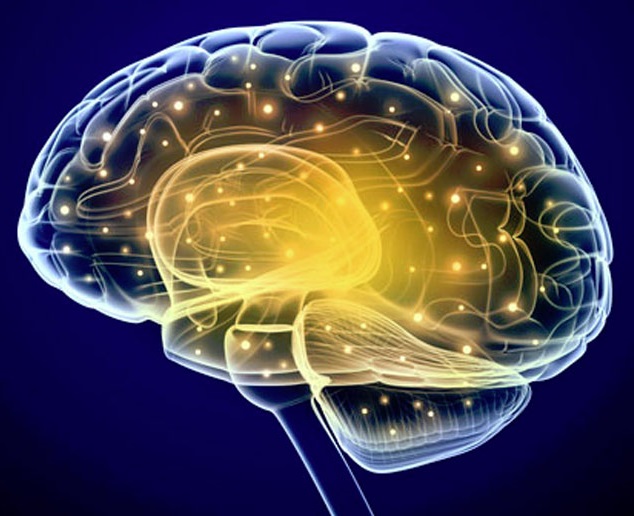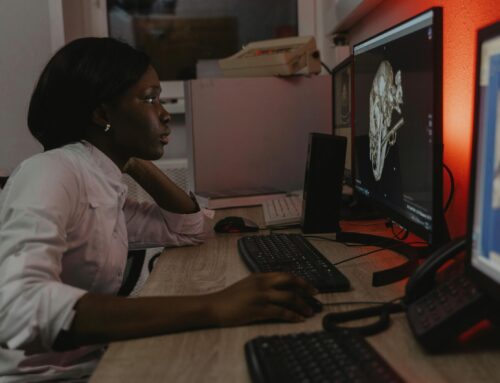Simulation Experiences
We’ve all heard treatment centers use “client-centered care” in their marketing taglines, but have you wondered what that really means? At the University of Southern California C-Suite Invitational last week, Dr. Eric Coleman invited professionals from all over the healthcare industry to reflect on what those words mean. The Professor of Medicine and Head of the Division of Health Care Policy and Research at the University of Colorado Anschutz Medical Campus noted, that it goes beyond the genuine desire of business leaders to run “patient-centered” facilities, and enters the realm of helping clients to learn how to self-support. For those in recovery, that means going beyond psychoeducation and integrating simulation activities into the treatment experience.
Client-centered care involves educating clients on their addiction and other afflictions but goes beyond traditional classroom work to include real-life simulation experiences. Clients must form a close relationship with their recovery, beyond learning facts about addiction, in order to embody their goals.
It is important to note that enrolling in a psycheducation program is essential because it lays the foundation that is required to enlist long-term commitment to recovery. In these classes, or “groups,” clients are often offered information regarding the medical aspects of addiction, life skills, and sometimes even co-occurring mental disorders. In these sessions led by facilitators, counselors or therapists, clients come to understand why long-term dedication to abstinence and recovery is required, and why periodic drug usage or other stressors to the mind and body could be harmful or even fatal.
However, psychoeducation may not be enough to guide clients through the nitty gritty of complex life scenarios. A truly client-centered facility’s psychoeducation program will help a client to implement his or her personal plan for recovery and assist that client in leveraging all of the tools that are available to them at the treatment center and beyond. That’s where simulation experiences come in. They allow clients to begin to understand the subtle details of real-life situations.
Simulation exercises bridge a gap that the theories in ordinary psychoeducation classes often leave out. To begin with, the activities help clients to learn how to implement the tools they have picked up, like communication skills, and put them into action. Simulation also pushes forward positive changes in the brain. The saying, “practice makes perfect,” is highly applicable to simulation exercises because the activities, when repeated, are likely to change aspects of the neurocircuitry of the brain. Another thing to consider is that the client will have a less stressful environment to practice in. Therefore, practice in a clinical setting prior to discharge can set the stage for better performance after discharge! While transitioning to sober living or another residential environment post-treatment inevitably comes with challenges, this kind of preparation for self-support is invaluable.
Psychoeducation and simulation go hand-in-hand and can easily be interwoven in a treatment program. Most importantly, paving a client’s transition using both methods could help him or her to understand how and when to reach for resources, as well as how to self-empower in difficult situations as the journey to healthier states of being carries forward.






